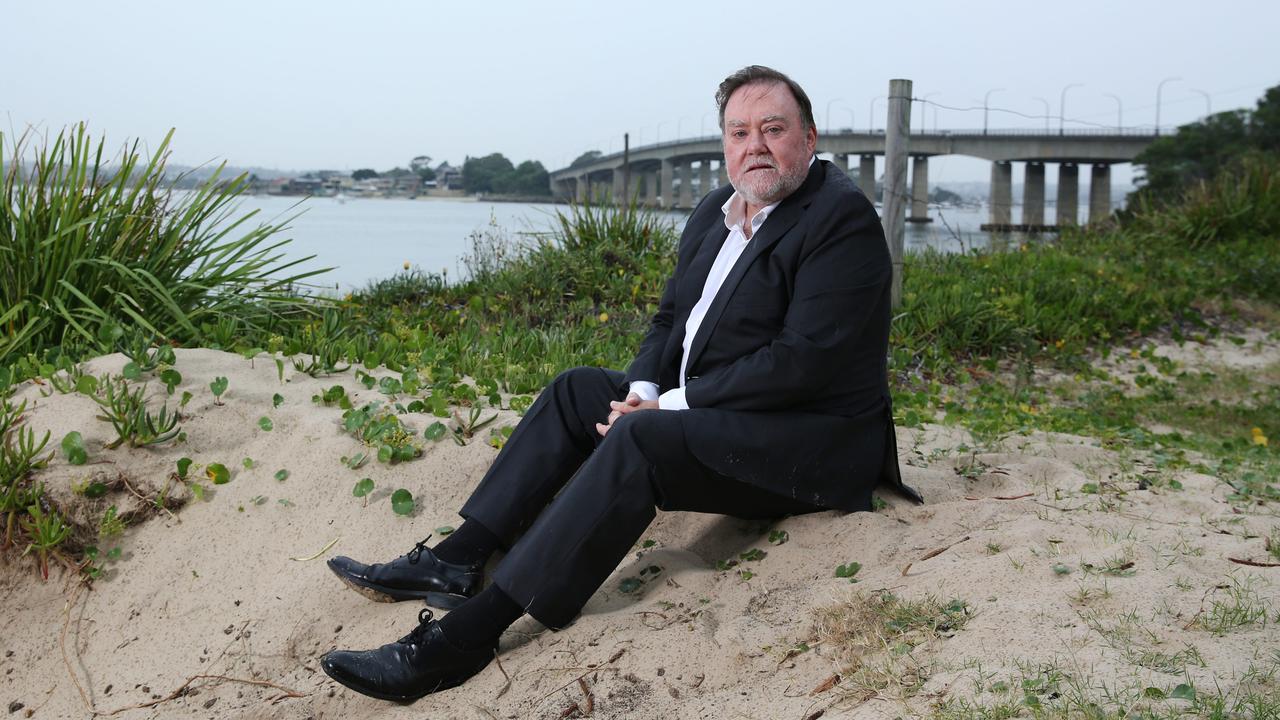Cutting red tape and economic growth must be priorities for the next government, says FSC
A red tape ‘razor gang’, a review of the tax system and a growth agenda are top of the Financial Services Council’s wish list for the next federal government.

A red tape ‘razor gang’, a review of the tax system and an economic growth agenda should all be top priorities for the next federal government to drag Australia out of its “economic malaise”, according to the Financial Services Council.
The regulatory pendulum has swung too far in the wake of the financial services royal commission, leaving industry and consumers with a costly overhang, the financial services sector’s peak body warned as it detailed its wishlist of federal election policy priorities.
“The upcoming federal election is an opportunity to refocus on economic growth and allow the private sector to lead Australia out of its economic malaise,” FSC chief executive Blake Briggs said.
“As one of the largest contributors to the domestic economy, the financial services industry has an important role to play in achieving sustainable economic growth and higher living standards for Australians.”
The federal election is due to be held by mid-May at the latest, with a date yet to be confirmed.
The FSC said its policy proposals would slash regulatory burden on the industry and lower costs for business and consumers. Among its proposed reforms is simplifying the breach reporting regime so the industry would only need to report breaches that resulted in financial loss or damage to the consumer. This would save businesses $183m in net compliance costs over 10 years, according to the lobby group that represents fund managers, super funds, investment platforms and financial advice businesses.
The FSC also wants to see more consumer choice and competition in the superannuation sector and called for the next government to avoid “inappropriate” expansion of the Your Future, Your Super performance test, including to retirement products.
“Default-centric regulation that displaces legitimate consumer choices and consumers’ financial advisers works against Australians being engaged with their retirement,” the FSC said.
Combined, the policy proposals would increase financial services exports by almost $2bn a year and lift the sector’s productivity by $800m a year as regulatory costs and fees come down, the lobby group said.
“Reforms to bolster the competitiveness and economic contribution of the financial services industry would contribute $19bn to Australia’s GDP over the next decade,” Mr Briggs said.

Alongside its call for red tape to be slashed, the FSC is also urging the next government to abandon “piecemeal tinkering with superannuation taxes” and instead undertake a holistic and evidence-based review of the broader tax system, including the corporate tax rate.
At 30 per cent, Australia’s company tax rate was increasingly uncompetitive, with the OECD average moving towards 20 per cent, Mr Briggs said.
“If you think about what attracts global investment into the Australian economy, the tax rate can’t be escaped as a major driver of whether or not capital is allocated to Australia or other international markets,” he said.
“A mature tax reform debate requires all options to be left on the table, including taxes on superannuation, the company tax rate and the GST.”
The current Labor government’s plans to increase the tax rate on superannuation accounts worth more than $3m, which came under fierce criticism last year, now look set to be blocked by parliament, with Jim Chalmers failing to win the necessary crossbench support amid warnings that farmers and small business would be forced to sell assets.
Mr Briggs said the $3m super tax was “a really poorly designed tax” that should be abandoned by the next government in favour of a more wide-ranging review that includes superannuation.
The third prong of the FSC’s blueprint for boosting the economy, centred around productivity and growth, includes improving Australia’s competitiveness as an investment destination.
Australia’s funds management sector manages more than $3.9 trillion worth of assets in managed funds, with $170bn managed on behalf of overseas investors. Tax reforms would allow Australia’s funds management sector to compete more effectively, the lobby group argued.




To join the conversation, please log in. Don't have an account? Register
Join the conversation, you are commenting as Logout